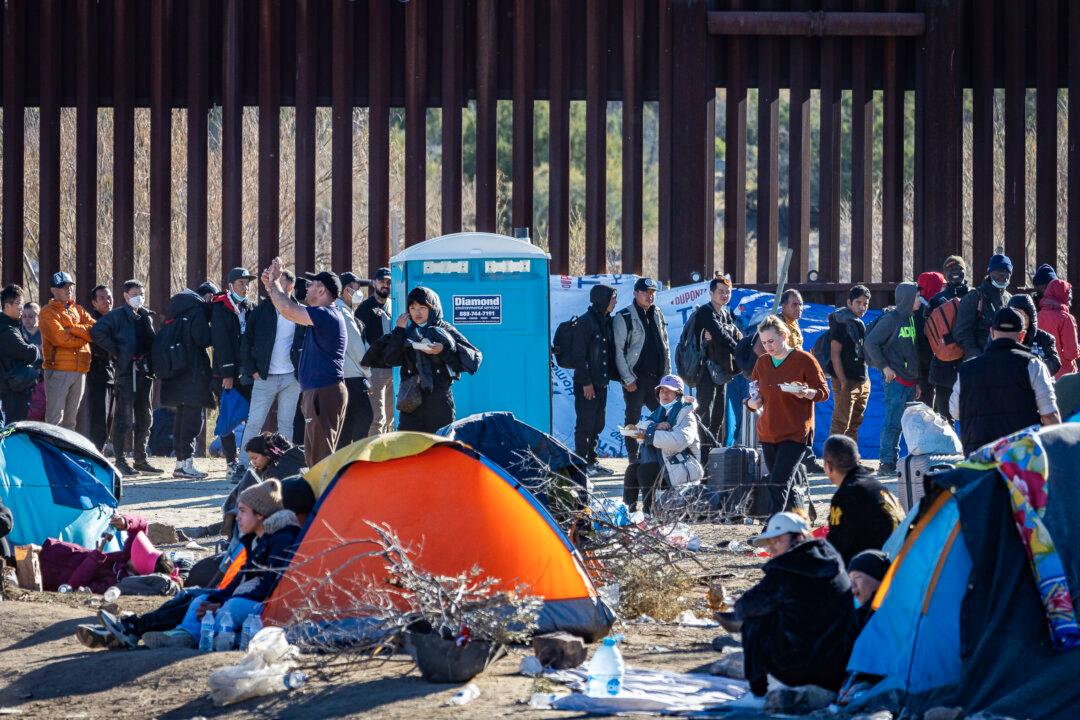The Department of Justice (DOJ) can temporarily stop funding programs that provide legal orientation for illegal immigrants, including those detained by Immigration and Customs Enforcement (ICE), while a lawsuit brought by the groups providing the service plays out in court, a federal judge ruled on April 15.
The ruling by District Judge Randolph Moss impacts multiple programs, including the Legal Orientation Program, the Immigration Court Helpdesk, the Family Group Legal Orientation Program, and the Counsel for Children Initiative.




